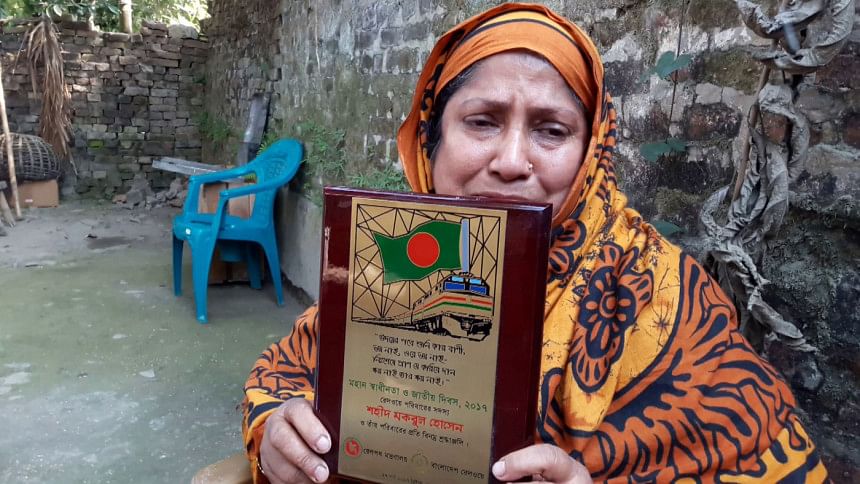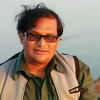Martyrs who still remain unrecognised

It was time to rebel. It was time to revolt. It was 1971.
College student Dara Islam's blood was boiling. Infuriated by the disparity and oppression he saw all his life, the youngster from Sahebpara area of Lalmonirhat town sets alight Pakistan's state flag -- the emblem of injustice on the Bangalees.
In the aftermath, the Pakistani occupation forces hunt the youngster down at his home and later kill him brutally.
To 'teach a lesson' to the 'insolent' Bangalees, the Pakistan army takes Dara's father Maqbul Hossain, a railway employee, to the Rickshaw Stand area near the train station in the town and guns him down too.
While narrating the heart-wrenching events that took place 49 years ago, tears rolled down the cheeks of Dara's younger sister Shilpi Akter Jharna.
Her father or brother's body was never found, but her father's pen and cap were found at the murder site, she said in tearful whimpers.
In 1971, the Pakistan army in collaboration with non-Bangalee settlers in the area killed nearly 600 people, including 84 railway employees, at Rickshaw Stand near the train station in Lalmonirhat town, said SM Shahan, a member of a martyr's family from the same area.
But unfortunately, the government never officially recognised the 600 people killed at Rickshaw Stand as martyrs of 1971, he said heaving a sigh of discontent.
Fatema Begum from the same area said her elder brother Hashem Ali, a college student, was killed before the very eyes of their father Umar Ali, who was also a railway employee, by the Pakistan forces during the Liberation War of '71.
Wiping away tears, she added that the Pakistan army later killed her father in Rickshaw Stand area near the train station as the father-son duo had been preparing to join the nation's fight for freedom.
It is now time to heal and time to recognise the martyrs of Rickshaw Stand killing site, the living members of the martyrs said.

 For all latest news, follow The Daily Star's Google News channel.
For all latest news, follow The Daily Star's Google News channel. 



Comments